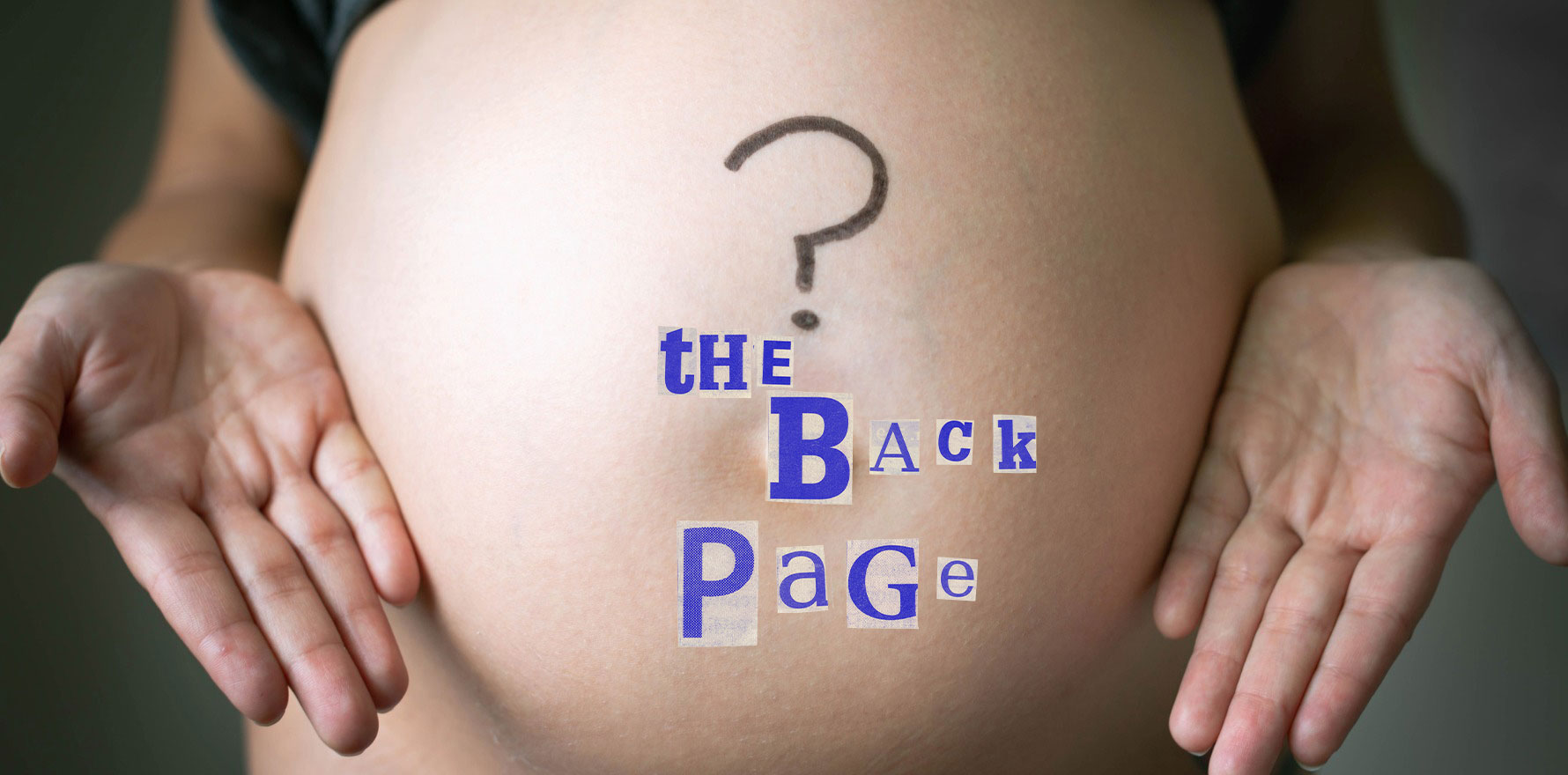Knowing it’s a boy can prepare a mother for a bigger, more demanding passenger.
Male fetuses are more demanding in the womb than females, your Back Page correspondent is shocked – shocked! – to learn.
Research out of Cambridge has found that the sex of a fetus affects how well the placenta performs, and suggests that lifestyle changes during pregnancy based on this information might improve outcomes.
The research was done in mice, rather than humans, but honestly sometimes we think the differences are exaggerated.
Knowing the sex rather than waiting for a squawking, gooey surprise would help to identify whether a pregnancy may be high risk, said lead author Dr Amanda Sferruzzi-Perri, since conditions such as pre-eclampsia and fetal growth restriction are more common with male babies.
This may be because males grow faster, she said.
“It might be that their demands for nutrients and oxygen supplied from the mother through the placenta can easily become limited, so the male baby may not be receiving all that it really wants and needs to grow to its full capacity. It may be that its resilience against stresses or poor conditions in pregnancy may be lower than say, for females, who have got less requirements.”
The team observed that in mouse pregnancies the placenta formed differently, all the way down to its mitochondria, depending on fetus sex, and that the placenta performed better with the lightest females than with the heaviest males.
Related research also found diet-induced obesity in pregnant females also changed the structure of the placenta and baby growth.
“We’re now building more and more evidence of what to measure in the mum in pregnancy like her starting body mass index, her growth, her gestational weight, but also considering fetal sex,” Dr Sferruzzi-Perri said. “It might be that a woman who has a male baby might need to adopt different lifestyle conditions, than a woman that is carrying a female.”
You know what this means: more gender-reveal parties!
Yes, the toxic 2000s phenomenon that is misnamed, entrenches ancient sex stereotypes, starts lethal fires and kills grandmothers-to-be at least has the virtue of letting the mother know during the second trimester whether she’s carrying a big, demanding unit of a fetus.

If you see something that kicks you in the belly, send it to penny@medicalrepublic.com.au


